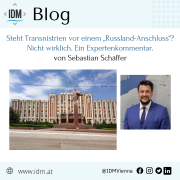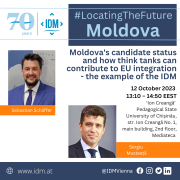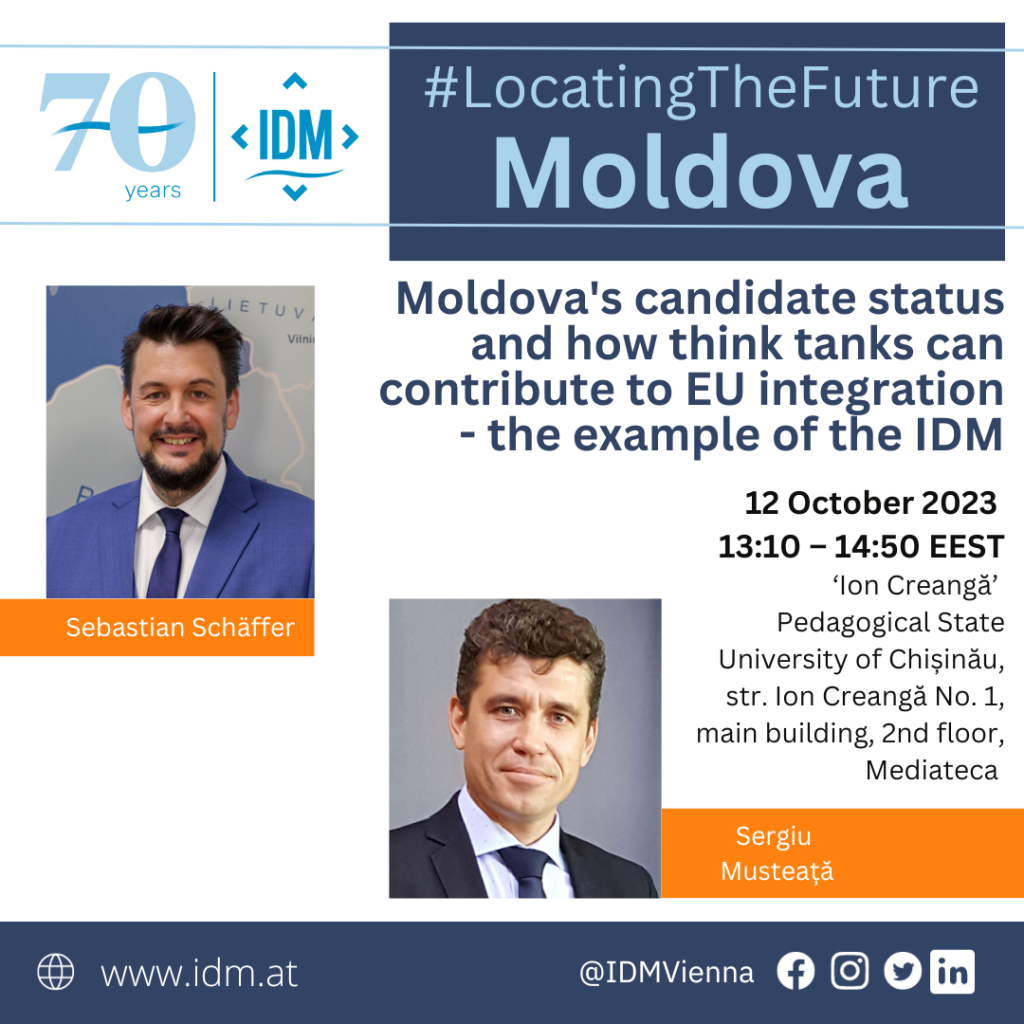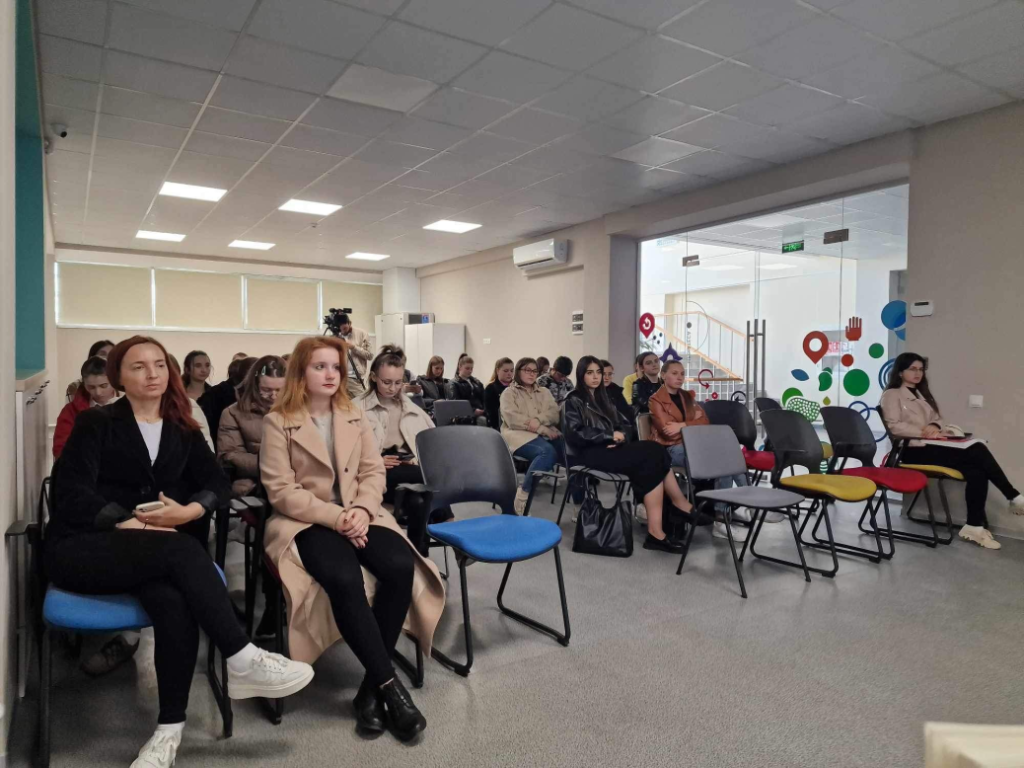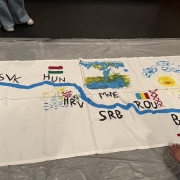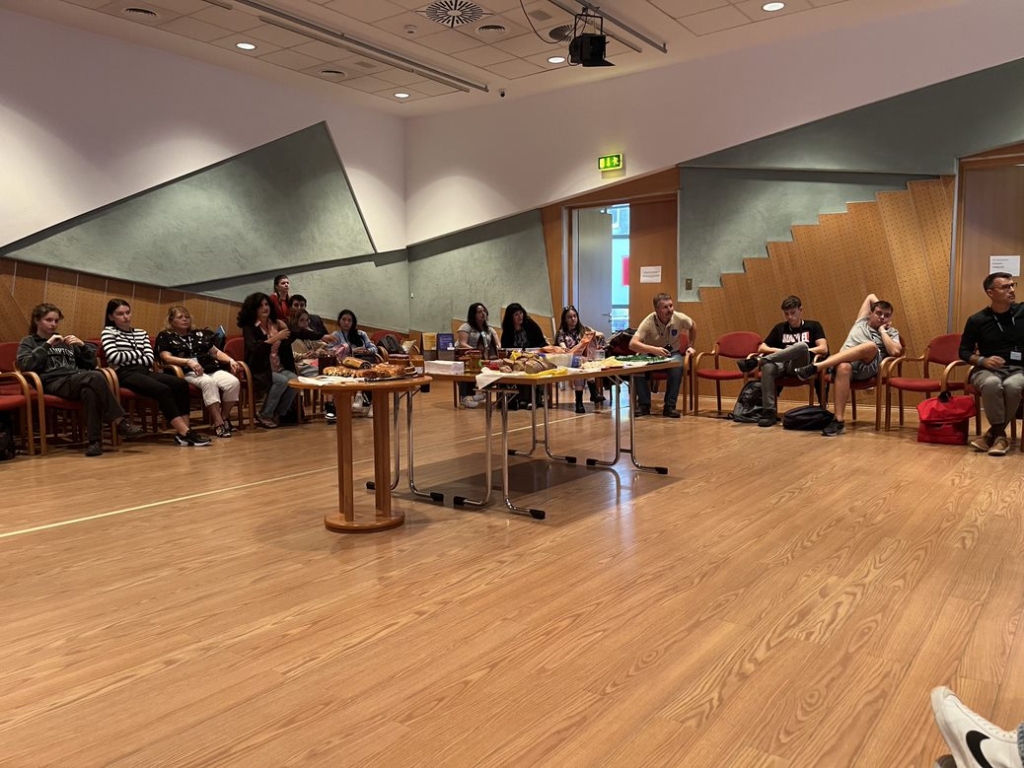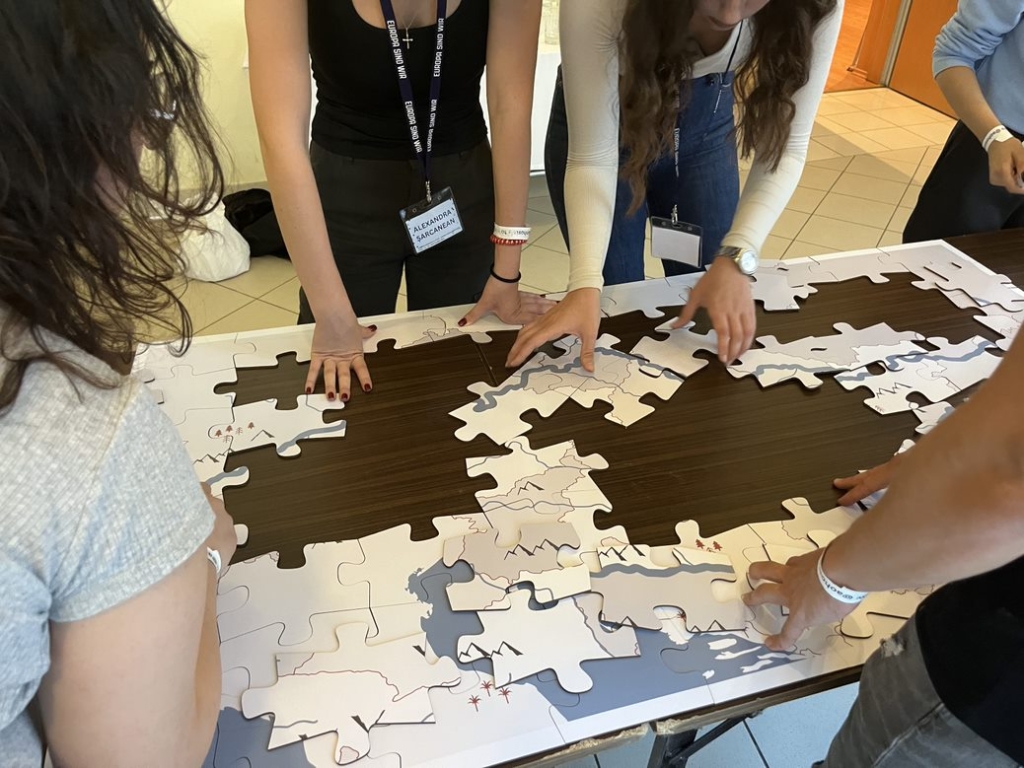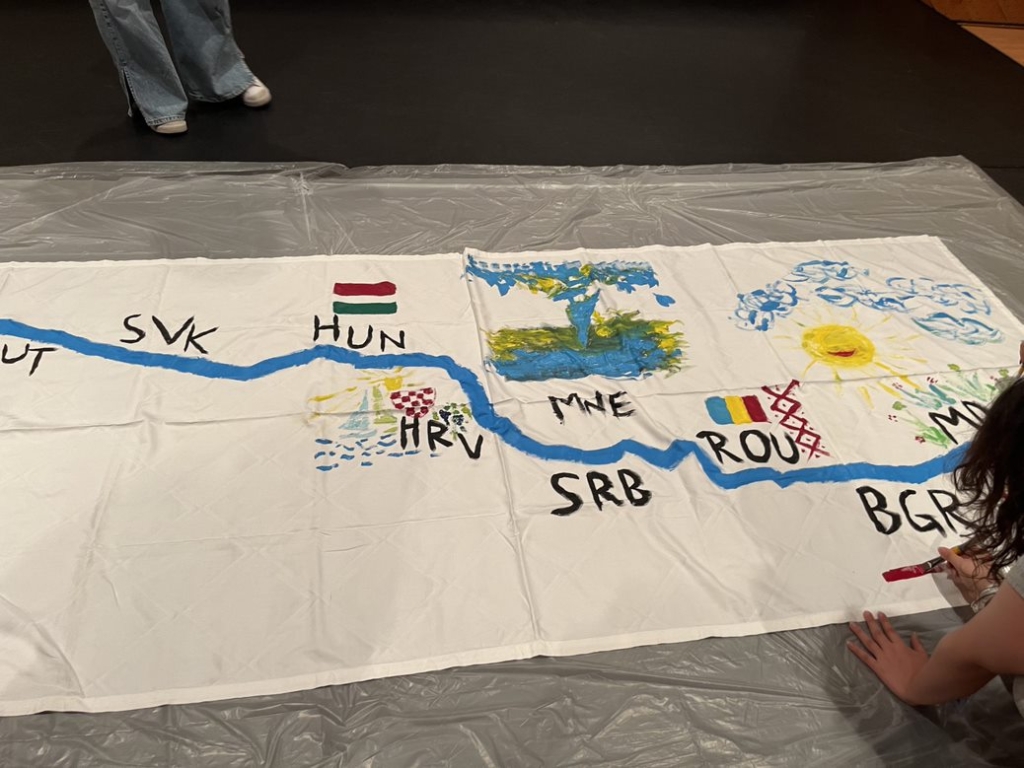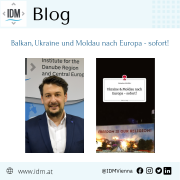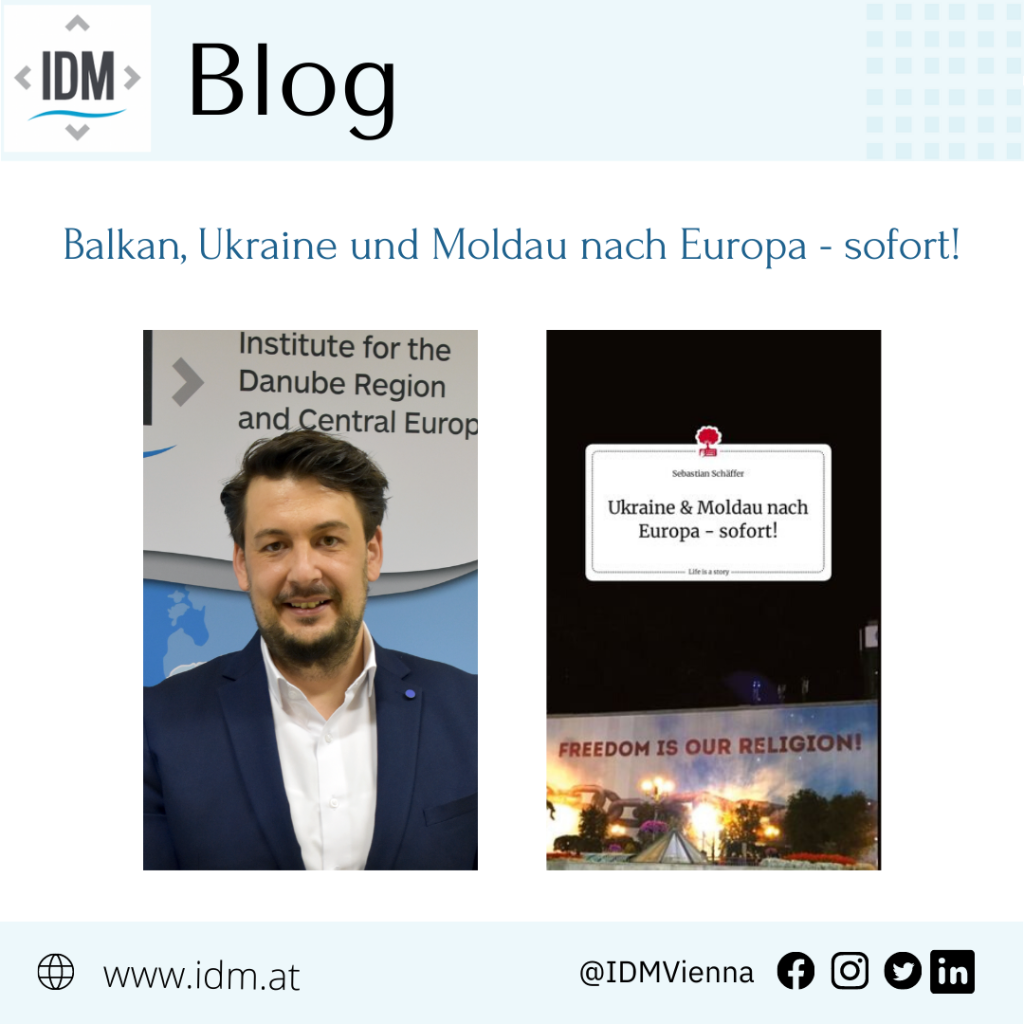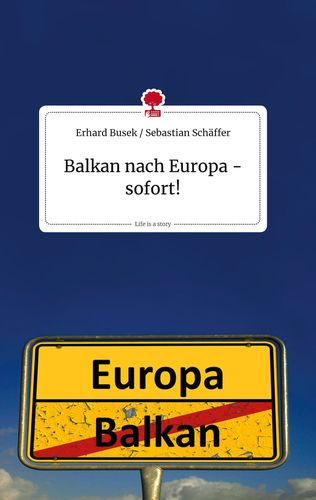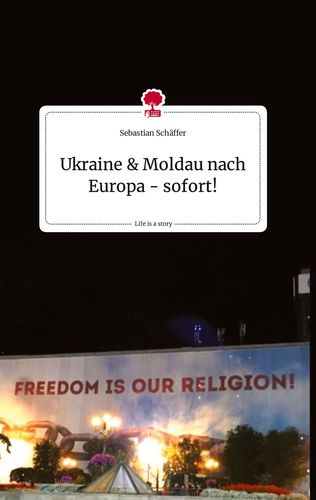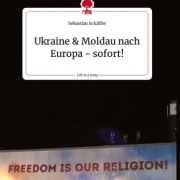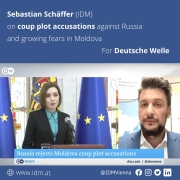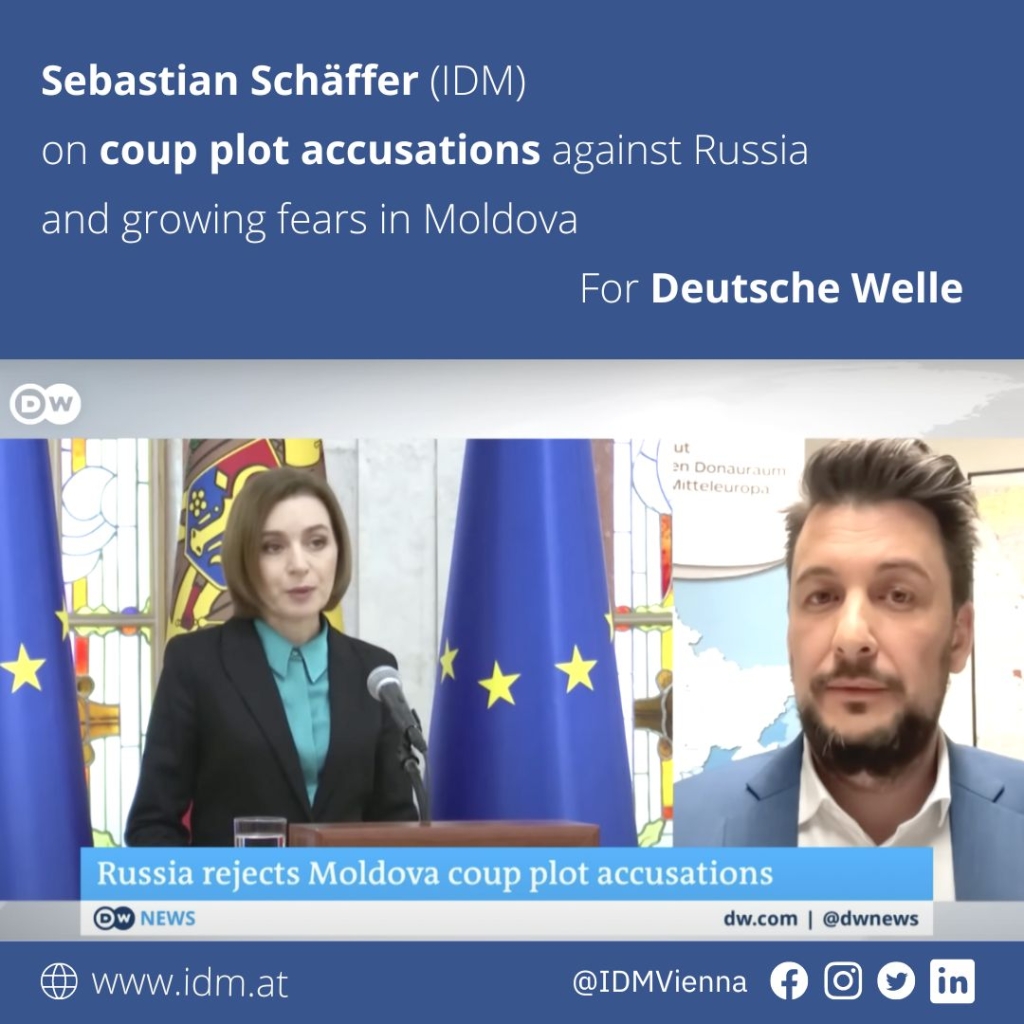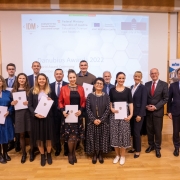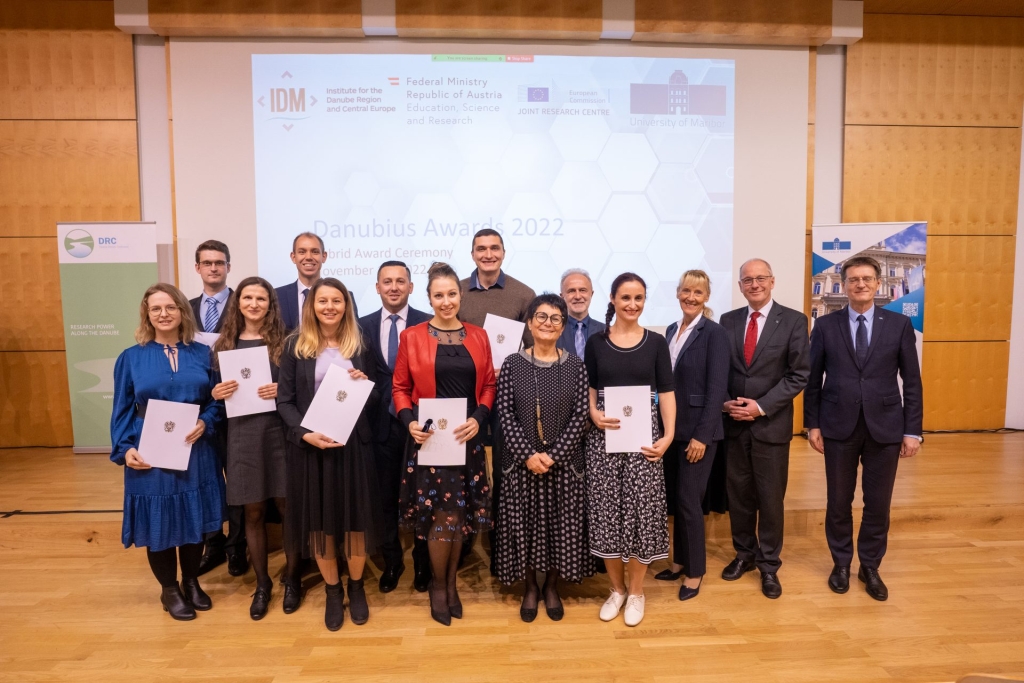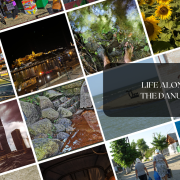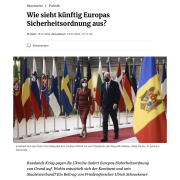Steht Transnistrien vor einem “Russland-Anschluss”? Nicht wirklich. Ein Expertenkommentar.
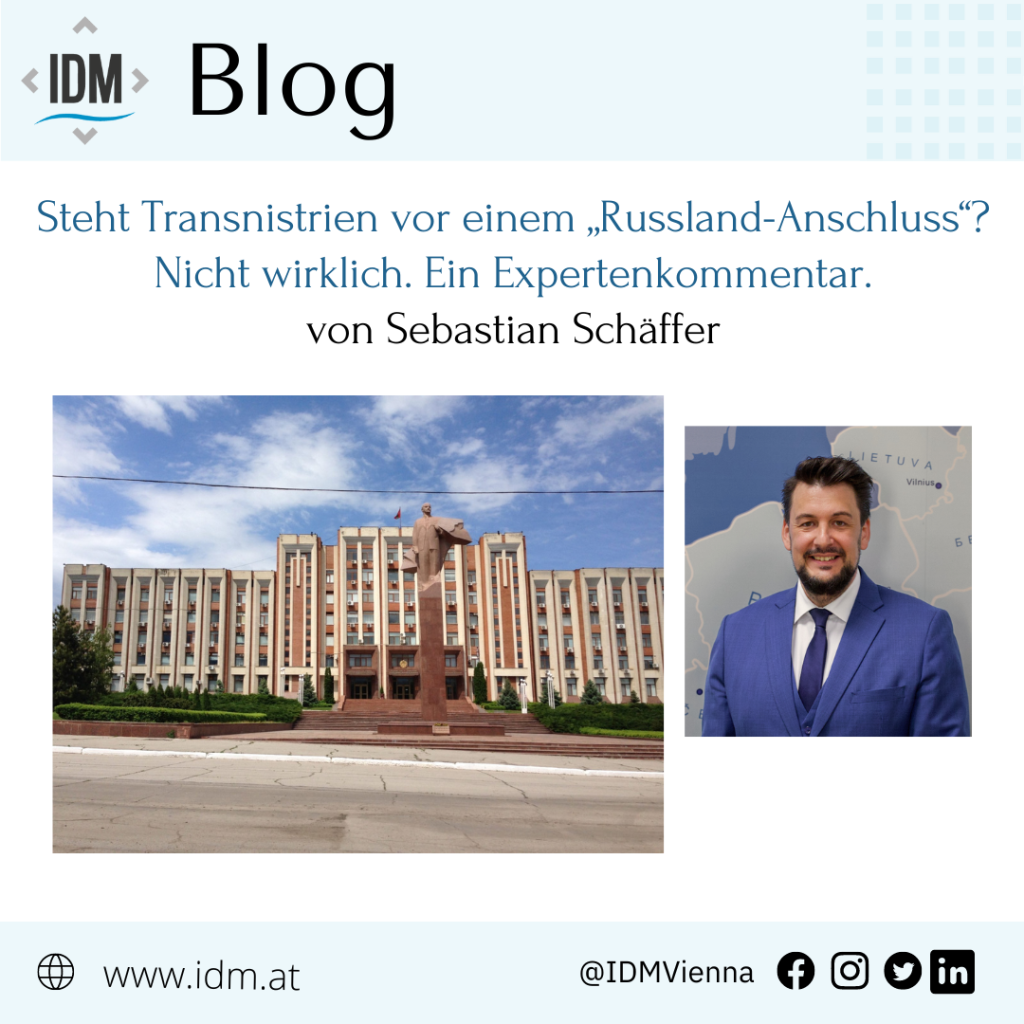
Steht Transnistrien vor einem “Russland-Anschluss”? Nicht wirklich. Ein Expertenkommentar.
“Russland-Anschluss: Transnistrien plant laut Bericht Votum” titelt orf.at am 23. Februar 2024. Andere deutschsprachige Medien nutzen ähnliche Schlagzeilen. Diese basieren auf einer Warnung, die das US-amerikanische Institute for the Study of War (ISW) auf einem Social-Media-Kanal angesichts einer Einberufung des Abgeordnetenkongresses in Transnistrien veröffentlicht hat. Das ist zunächst schon aufgrund der aktuellen geopolitischen Lage in der Region durchaus eine Meldung wert, zumal es in Österreich sonst relativ selten Nachrichten zur Republik Moldau gibt. Transnistrien ist eine abtrünnige Provinz dieses Landes, das beharrlich insbesondere in den österreichischen Medien immer noch als Moldawien bezeichnet wird. Insgesamt wäre ein wenig mehr Kontext notwendig. Wenn man so will, sind sowohl die Bezeichnung, als auch die Meldung veraltet, Nachrichten von gestern sozusagen. Moldawien ist eine Übersetzung aus dem Russischen; die offizielle Bezeichnung ist Moldau, weil das aber verwirrend sein kann wegen des tschechischen Flusses, wird dem Namen Republik vorangestellt. Oder man nutzt eben die rumänische Bezeichnung Moldova.
Zurück zum eigentlichen Thema: Die Einberufung eines Abgeordnetenkongresses durch Separatistenführer Wadim Krasnoselski in Tiraspol, der Hauptstadt der abtrünnigen Provinz Transnistrien, ist durchaus außergewöhnlich, denn der letzte dieser Art fand 2006 statt. Allerdings wurde bereits vor 18 Jahren ein Unabhängigkeitsreferendum beschlossen und anschließend sogar durchgeführt. Laut eigenen Angaben beteiligten sich damals 78 Prozent der stimmberechtigten Personen in der Region, von denen fast alle (angeblich mehr als 97 Prozent) für eine Eigenständigkeit sowie eine spätere Eingliederung in die Russische Föderation votierten.
Bis heute hat der Kreml Transnistrien nicht anerkannt, die zeitliche Nähe von Putins Rede zur Lage der Nation vor der Föderalen Versammlung am 29. Februar – der Abgeordnetenkongress findet einen Tag zuvor am 28. Februar statt – lädt jedoch zu Spekulationen ein. Es würde ja durchaus in das Playbook des russischen Präsidenten passen. Aber dann auch eben wieder nicht. Eigentlich sollten wir inzwischen gelernt haben, dabei nicht mitzuspielen. Ziemlich genau vor einem Jahr, zum ersten Jahrestag der vollständigen Invasion der Russischen Föderation in der Ukraine, kamen Gerüchte auf, ob Kyjiw (auch hier ist das im Deutschen immer noch häufig benutzte Kiew die Transliteration des russischen Namens für die Stadt) eventuell selbst plant in Transnistrien einzumarschieren.
Ich erinnere mich noch gut daran, weil ich mit einer ukrainischen Kollegin nur ein paar Wochen zuvor über die völkerrechtlichen Implikationen gesprochen hatte, die eine hypothetische Einladung Chişinăus an die Ukraine hätte, Transnistrien von der dort noch mit rund 1500 Soldat*innen präsenten russische Armee zu befreien. Die aktuellen Meldungen bezüglich einer möglichen Annexion der abtrünnigen Provinz in der Republik Moldau durch Moskau erschienen mir vor ein paar Tagen bereits unrealistisch. Am 27. Februar veröffentlichte auch das ISW in Berufung auf transnistrische Quellen in einem unabhängigen russischen Onlinemedium, dass der Volkskongress nicht um eine Eingliederung in die Russische Föderation bitten wird.
Natürlich kann es nicht vollkommen ausgeschlossen werden, dass heute oder auch zu einem späteren Zeitpunkt ein solcher Schritt unternommen werden wird. Allerdings gilt es hier eben abzuwägen, wie wahrscheinlich dies sein kann sowie welche Herausforderungen bestehen – politisch, wirtschaftlich aber hier und jetzt insbesondere logistisch. Die Desinformation aus dem Kreml ist und bleibt Teil der hybriden Kriegsführung.
Sowohl die Regierung in Chişinău, als auch meine Kontakte in der Republik Moldau bleiben jedenfalls relativ gelassen den Gerüchten gegenüber. Das bedeutet nicht, dass man sich nicht auf mögliche Szenarien vorbereitet und sich der Gefahr nicht durchaus bewusst ist. Wie schon vor einem Jahr, als Gerüchte über einen Coup in der Republik Moldau aufkamen, gilt es, wachsam zu bleiben.
Ich rechne jedenfalls nach der “Wiederwahl” Putins im März und vor den Präsidentschaftswahlen in der Republik Moldau im Herbst mit weitaus mehr Bemühungen von Seiten Moskaus das Land zu destabilisieren. Ein Einfluss auf ein mögliches Referendum zum EU-Beitritt und/oder auf die Parlamentswahl in Chişinău 2025 halte ich für wesentlich wahrscheinlicher und auch mit weniger Kosten verbunden – nicht nur finanzieller Art. Als Alternative zur amtierenden Präsidentin Maia Sandu bringt sich jedenfalls schon Irina Vlah in Stellung, die von 2015 bis 2023 Regierungschefin – genannt Başkan – im autonomen Gebiet Gagausien in der Republik Moldau war. Offiziell war sie auch damals schon als unabhängige Kandidatin angetreten, wurde aber durch die prorussische Sozialistische Partei unterstützt, deren Vorsitzender Igor Dodon ist, der Vorgänger von Sandu.
Es bleibt spannend und erst recht kompliziert. Wir bleiben dran!

